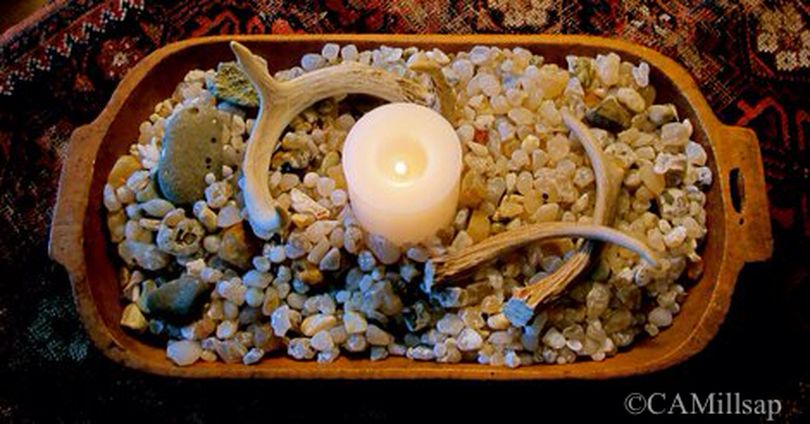Travel: Escape to the Oregon Coast

During the years when my children were in school, when I was tied to their academic calendar, I wasn’t able to just pick up and go when the mood struck. That kind of freedom didn’t come for another decade. But once a year I would pack up the family, more often than not, just my two youngest daughters--the others had summer jobs and other commitments--and run away to the Oregon Coast.
With the girls and the dogs in the car, squeezed in beside coolers and lawn chairs, beach towels and a big bag of books, we would drive for hours until we arrived at our favorite spot, a small town with no mall, no fast food, no distractions. And we would stay for as long as I could afford to keep us there.
I took extra assignments during the year to pay for a cottage. I would work late into the night so that when summer came I could throw myself at the Pacific the way we fall on our mothers, desperate for the comfort of something bigger than the small petty worries that chased themselves around my mind morning, noon and night.
Those were wonderful days. When the fickle weather allowed, we spent hours playing in the sand, but there was the greater luxury of time for myself. While the girls slept or read or worked a puzzle in whatever cottage I’d rented that year, I would make my way down to the water. I would close my ears to everything but the sound of the waves hitting the shore, close my eyes to everything but the search for shells and agates on the beach. I would walk for miles up and down the beach, my back bent, my mind wandering, letting the cold wind and stinging sand scour away the brittle crust that had formed around me.
Somehow, answers that eluded me everywhere else always seemed easier to catch and hold while I walked the beach. Without the stress of keeping house, meeting work deadlines, volunteering at school and all the other matters that constantly distracted me, I could read my own mind and make sense of things. I could see people and issues more clearly. Words filled my head and sentences and paragraphs wrote themselves, and stayed where I could find them when I got back to the cottage and sat down to my computer. Without the distraction of television or friends calling and coming over, I could reconnect with my children on a more intimate level. Keeping my eyes on the horizon, I made peace with what I could not change and measured the distance to dreams I was chasing.
It’s no wonder those days at the beach, in the company of the wild Pacific Ocean and my own sweet daughters, have taken on such a warm glow in my memory.
Life has a way of chipping away at us at times: Old friends battle cancer. Work disappoints or becomes less fulfilling. Loved ones lose their way and our own ambitions shift and take new direction. To work through such matters requires equal measures of silence and solitude.
I can’t go back in time; the two young girls are grown now and no longer mine to put in my car and drive away. But I can go back to the place we were so happy. The sea is still there. The waves still crash against the rocks on the shore and the wind still blows. What I need is somewhere on that beach, half buried with the agates and bits of broken shells. All I have to do is put my head down and walk until I find it.
Cheryl-Anne Millsap is a travel writer whose audio essays can be heard on Spokane Public Radio and on public radio stations across the U.S. She is the author of “Home Planet: A Life in Four Seasons” (available at Auntie’s Bookstore in Spokane) and can be reached at catmillsap@gmail.com